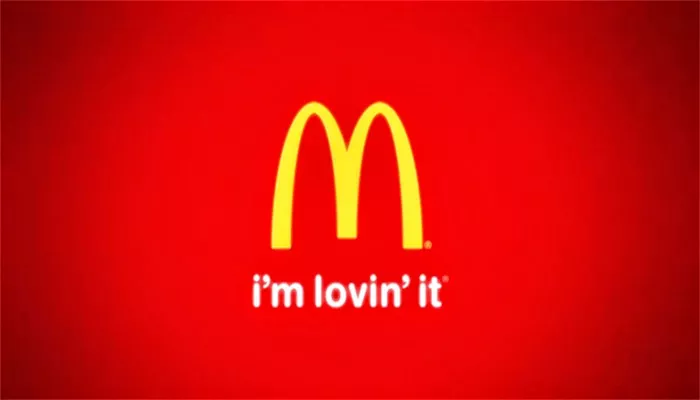Subway started phasing out its $5 footlong sandwiches a decade ago. However, other fast-food chains have revived the $5 price point to attract customers who have reduced their spending.
As many restaurant companies prepare to report their second-quarter results, investors anticipate hearing that diners are visiting less frequently and that sales have slowed, except for a few exceptions like Chipotle. To improve their next-quarter results, chains such as McDonald’s, Taco Bell, Burger King, and Wendy’s have introduced or revived $5 meal deals.
McDonald’s has reported increased traffic due to these promotions, although Wall Street does not expect a significant sales boost.
Fast food generally performs better than the broader industry during economic downturns. However, recent price hikes have made many consumers feel that fast food is no longer a good deal. Over 60% of respondents in a recent LendingTree survey said they have cut back on fast-food spending due to high costs.
High menu prices have driven away many fast-food customers, including low-income individuals who form a substantial part of the sector’s customer base. Sensing this backlash, companies like Brinker International’s Chili’s have highlighted their value relative to fast food in their marketing. Casual-dining chains have gained some market share from the fast-food sector, according to Darden Restaurants CEO Rick Cardenas.
“It’s the war for the less affluent customer,” said Robert Byrne, senior director of consumer research for Technomic, a restaurant market research firm.
This shift in consumer behavior has also concerned Wall Street. Shares of McDonald’s, Burger King parent Restaurant Brands International, and Wendy’s have all dropped by double digits this year. Taco Bell owner Yum Brands is down more than 1% in 2024, while the S&P 500 is up 14%.
“The sense among investors is that the second quarter is probably going to be one to forget — you’re going to see a lot of large chains probably miss consensus [estimates],” KeyBanc analyst Eric Gonzalez told CNBC.
McDonald’s is expected to report its second-quarter earnings on Monday, while Wendy’s will announce its results on Wednesday. Restaurant Brands and Yum Brands will report their quarterly earnings the following week.
Can Value Meals Fuel Bigger Purchases?
Fast-food chains typically focus their discounts and value meals on the first quarter, when consumers are trying to save money after the holiday season. As temperatures rise, so do restaurant sales, and operators usually do not need deals to attract customers. However, this summer is different. Fast-food chains need discounts to drive traffic and sales growth.
“The fact is that restaurants are running out of space to take more price on their menus,” Byrne said.
But value meals are not only about increasing traffic.
“It’s also about converting the consumer who’s coming for the deal to a higher-ticket consumer by introducing other add-ons or other things that they might do,” Byrne said. “The risk is that they don’t.”
Without convincing customers to add a milkshake or another entrée to their order, the discounts hurt profits and become unsustainable long-term. This is a significant concern for investors who are already skeptical that chains will not see the traffic bump they hope for.
“The value menus rolled out toward the end of the quarter. There’s just a fear that it’s not going to get any better, and it’s going to be a race to the bottom,” Gonzalez said.
Subway’s $5 footlong is a cautionary tale. Although the deal was popular with customers, it outstayed its welcome with operators, eroding profits and compounding other issues, such as sales cannibalization from its massive footprint. This led to restaurant closures, angry operators, and years of searching for new ways to bring back customers.
Franchisee Skepticism
Investors are not the only ones skeptical about the promotions. Franchisees often resist discounts because they hurt profits.
Franchisees have gained more power to oppose parent companies’ deal strategies in recent years. Many franchisees are larger, with more restaurants and sometimes even private equity backing.
At McDonald’s, franchisees formed the National Owners Association in 2018, rebelling against unpopular discounts and store renovation plans. Since then, operators have fought back more against management’s plans.
An initial proposal for McDonald’s $5 value meal did not pass, so Coca-Cola contributed marketing funds to make the deal more attractive to operators. Coke CEO James Quincey said on Tuesday’s earnings call that the beverage giant has seen weaker away-from-home sales in the U.S. as quick-service restaurants struggle. To boost demand, Coke is partnering with food-service customers to market food and drink combo meals.
McDonald’s extended its value meal past its initial four-week window. Ninety-three percent of its restaurants voted in favor of the extension, executives wrote in a memo viewed by CNBC.

